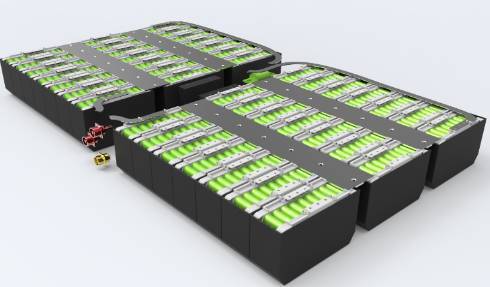
In the storm surge in Florida that accompanied Hurricane Ian in September 2022, many vehicles were submerged at least partially in salt water. In the following weeks, at least 12 EV fires were reported in Collier and Lee Counties. Review of vehicle registration found that there are more than 7,000 EVs in Lee County, Florida, with the potential for damage.
The Coast Guard strongly recommends that vessels, ports, shippers and regulators:
Conduct a comprehensive review of the vehicle shipping requirements found in both the Hazardous Materials Regulations (49 CFR) and the International Maritime Dangerous Goods (IMDG) Code. All lithium batteries are hazardous materials regulated by the Department of Transportation’s Pipeline and Hazardous Materials Safety Administration (PHMSA). As such, they are required to comply with the Lithium Battery Guide for Shippers.
Conduct review of additional requirements for shipping damaged lithium ion batteries located in the PHMSA Safety Advisory Notice for the Disposal and Recycling of Lithium Batteries in Commercial Transportation. Due to the large size of EV batteries, the packaging requirements to comply with damaged shipment regulations are inadequate. As such, IMDG special provision 376 specifically requires approval from the competent authority (PHMSA or US Coast Guard) prior to shipment of damaged lithium batteries.
Remain vigilant and ensure damaged lithium-ion vehicle batteries are not loaded onto vessels for shipment, placed within port facilities, or enclosed in containers.